1. The Prophecies of Nostradamus
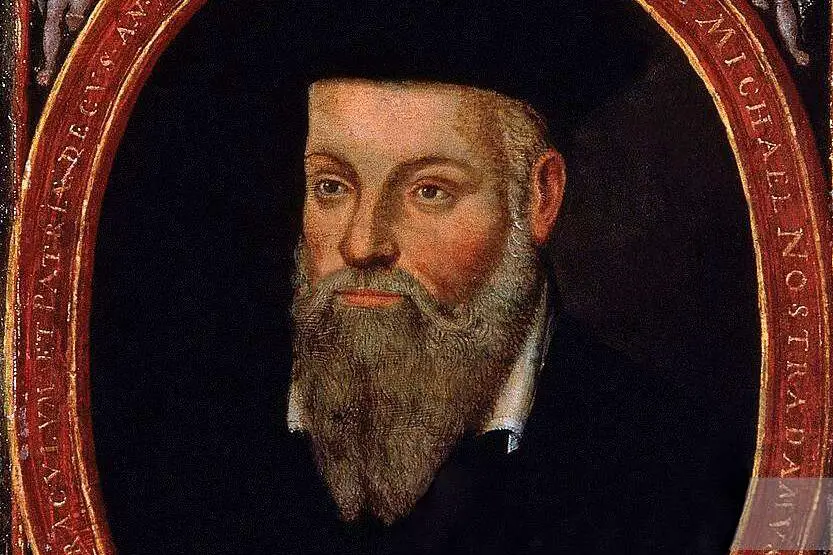
Nostradamus, the famous 16th-century French astrologer and physician, is known for his cryptic predictions, many of which have been interpreted as eerily accurate. One of his most famous quatrains is said to reference the rise of Adolf Hitler, describing a “leader of the people” who would “rise from the depths of the earth” and bring devastation. Though his writings are often vague, historians have pointed out that his predictions about global events, wars, and even natural disasters seem to line up with modern history. Whether you believe in the power of prophecy or not, it’s hard to deny the way some of his quatrains match up with events like the World Wars, the moon landing, and even the rise of terrorism.
What makes Nostradamus’s predictions so compelling is how many modern interpretations link his words to the current world. For instance, his cryptic references to “the king of terror” are often seen as foreshadowing events such as 9/11. It’s easy to dismiss his predictions as pure coincidence, but as we look at how many of them seem to align with modern history, they leave us wondering if there was more to this 16th-century visionary than meets the eye.
2. The Concept of “Flying Machines” by Leonardo da Vinci
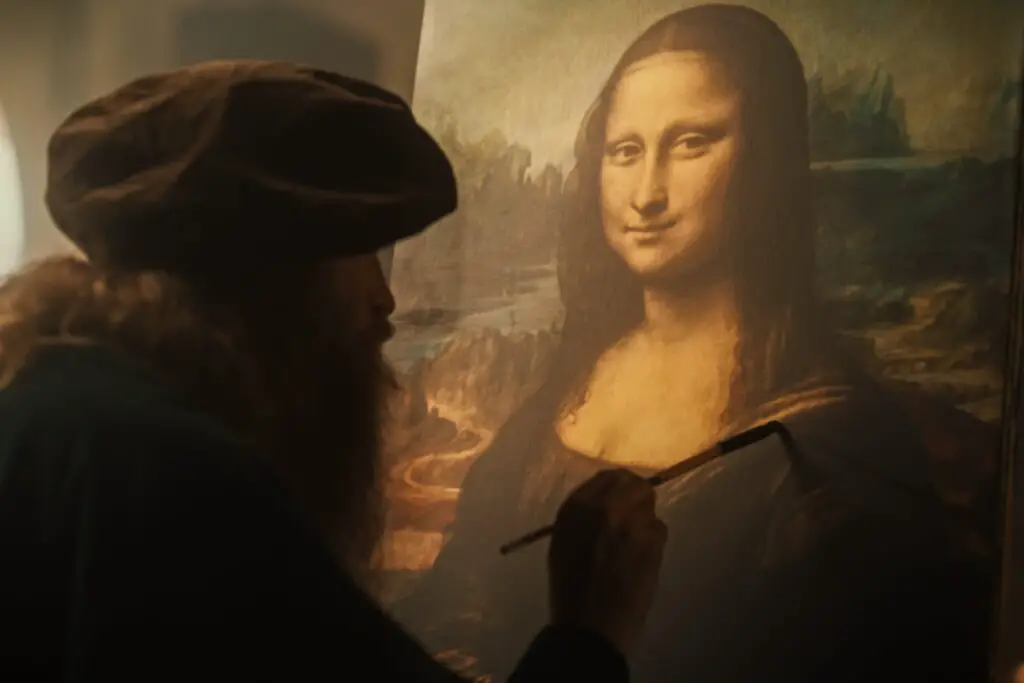
Leonardo da Vinci, the Renaissance genius, didn’t just excel in art and science—he also dabbled in the realm of the futuristic. In his journals, da Vinci sketched designs for a flying machine, long before airplanes became a reality. His “ornithopter” was a concept for a device that mimicked the wings of birds, designed to allow humans to soar through the air. While it never took flight in his time, the ideas were remarkably ahead of their time, with some of his designs resembling modern-day helicopters and airplanes.
Though da Vinci’s designs were never realized in his lifetime, his visions laid the groundwork for future aviation. Today, we have advanced air travel with planes that can traverse the globe in mere hours, a reality that seemed impossible in da Vinci’s era. The connection between his imaginative designs and our modern flying technology is a testament to how some ideas can transcend time, influencing generations that follow.
3. The Mayan Calendar and 2012
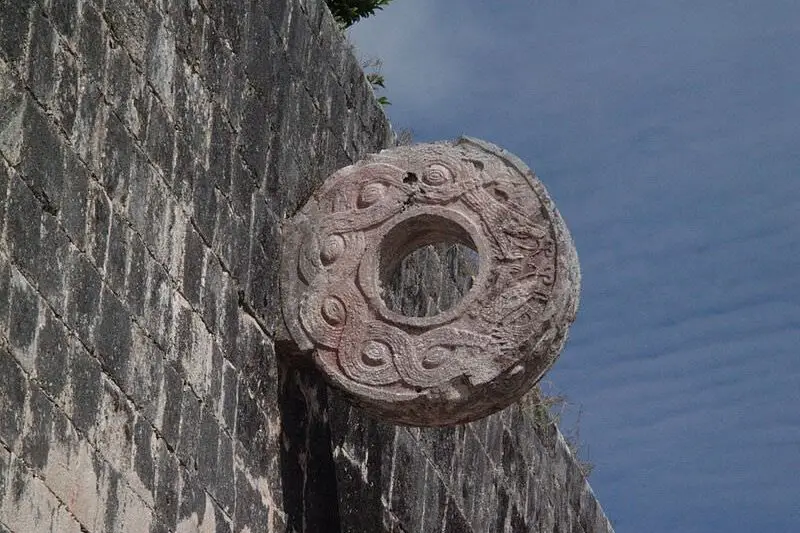
One of the most widely discussed ancient predictions came from the Mayan calendar, which some believed foretold the end of the world on December 21, 2012. While the world didn’t end that day, the Mayan calendar’s complex cycle of time and its detailed calculations about celestial events have been recognized for their accuracy in predicting solar and lunar eclipses. The Mayans had a deep understanding of the cosmos, and their calendar system was far more advanced than what most other civilizations were using at the time.
Despite the hype around the 2012 doomsday predictions, many experts view the Mayan calendar’s long cycle as a reflection of a deep understanding of time and astronomy. The Mayans’ ability to track the movements of the stars and planets with such precision is still a marvel today. While the world didn’t end as some feared, their knowledge of time and cosmic events continues to be admired and influential in our understanding of the universe.
4. The “Oracle of Delphi” and the Rise of Alexander the Great
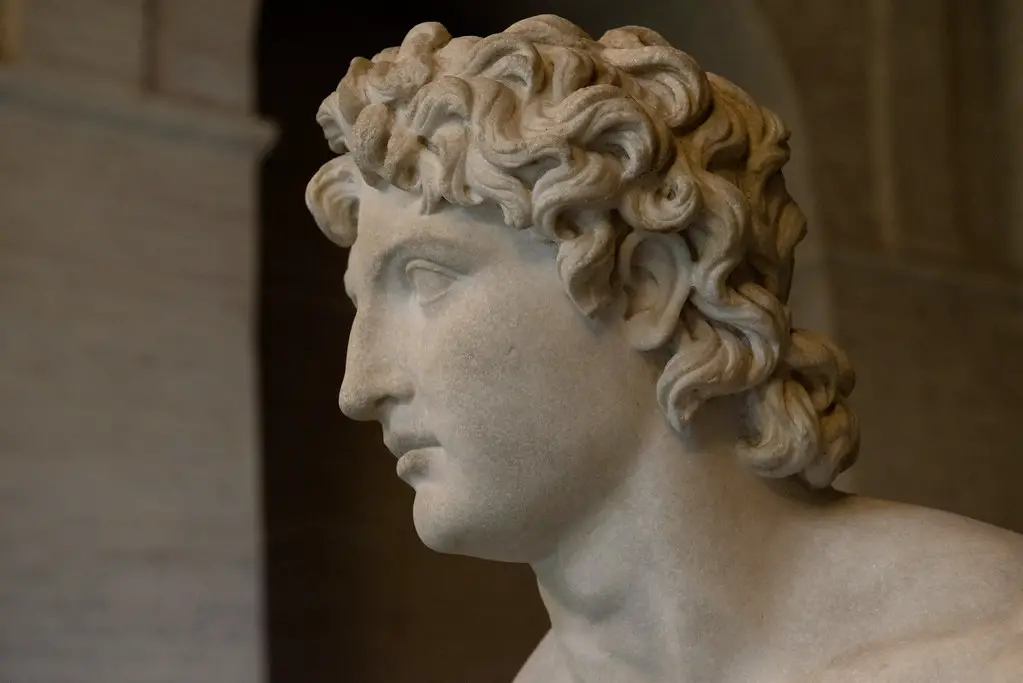
In ancient Greece, the Oracle of Delphi was considered the most powerful seer, with predictions that guided the decisions of kings and emperors. One of the most notable prophecies came when the oracle foretold the rise of Alexander the Great, a ruler who would go on to conquer much of the known world. The oracle’s words were believed to have inspired Alexander’s military campaigns, shaping his path toward empire-building.
The success of Alexander’s conquests, and the way they mirrored the oracle’s predictions, left many in awe of Delphi’s supposed mystical powers. The vision of a king who would surpass all others in military might and territorial expansion was realized through Alexander’s actions. Even today, Alexander the Great is remembered as one of history’s most successful military leaders, and it’s fascinating to think that his path was guided by ancient prophecy.
5. The Prediction of Global Warming by Ancient Hindu Texts
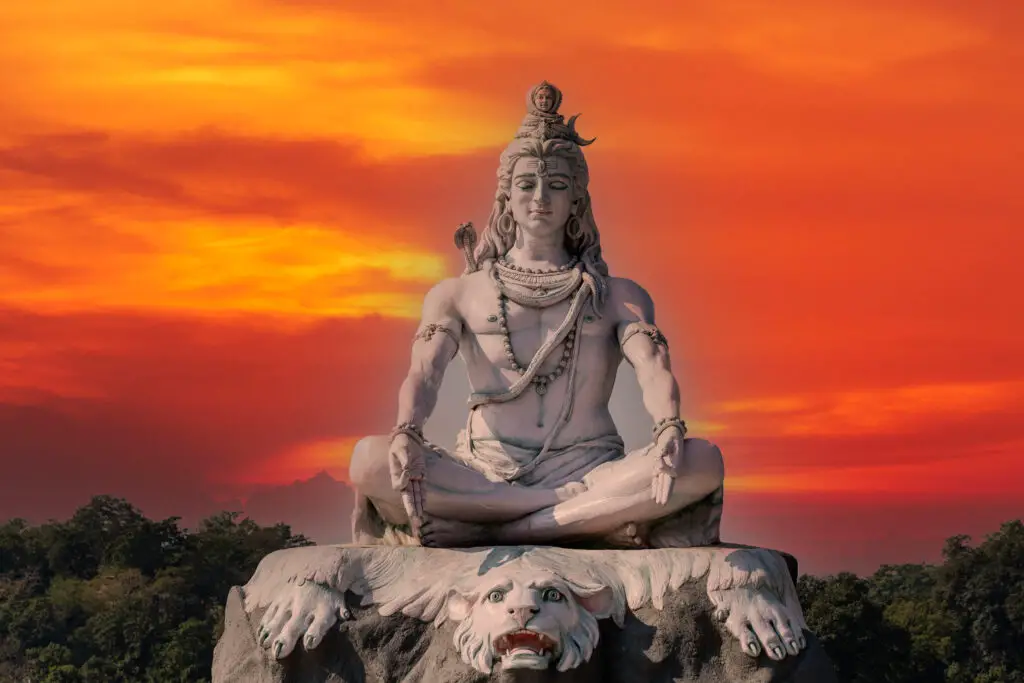
Long before modern scientists coined the term “global warming,” ancient Hindu texts discussed the concept of environmental changes that mirrored our current climate crisis. These texts, such as the Vedas and the Mahabharata, mention cycles of nature where humanity’s neglect for the earth’s resources leads to imbalance and destruction. These ancient writings warn of a time when the earth would suffer from pollution, deforestation, and the depletion of resources—issues that are eerily similar to the environmental problems we face today.
What’s even more interesting is how the texts highlight the idea of humanity’s responsibility in maintaining the balance of nature. In a time when such concerns weren’t widespread, these ancient predictions about environmental degradation stand as a powerful reminder of how our ancestors understood the consequences of unsustainable practices. The modern-day climate change movement echoes these age-old warnings, with a sense of urgency and the need for global action.
6. The “Stargazers” of Ancient China and Their Astronomical Discoveries
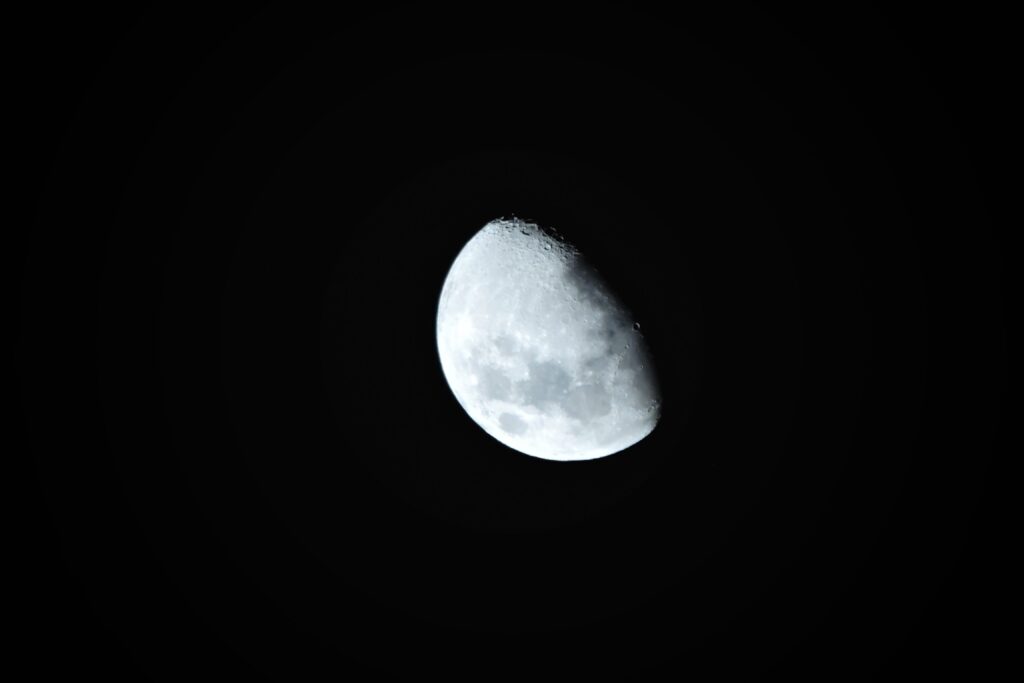
Ancient Chinese astronomers were known for their deep understanding of the cosmos, making predictions about the movements of stars, planets, and even comets. One of the most striking examples of their foresight came from the discovery of a supernova in 1054 AD. The Chinese recorded the event in detail, noting the appearance of a new star in the sky, which we now know as the Crab Nebula. At the time, their advanced understanding of celestial bodies was far beyond what was known in other parts of the world.
What makes the Chinese prediction so remarkable is the fact that this supernova was visible for weeks, and the Chinese were able to document it long before modern telescopes made such discoveries possible. Their sophisticated observation techniques and careful record-keeping contributed to our understanding of cosmic events, influencing future generations of astronomers. The way they tracked celestial bodies helped lay the foundation for the field of astronomy as we know it today.
7. The Ancient Egyptians’ Understanding of the Solar System
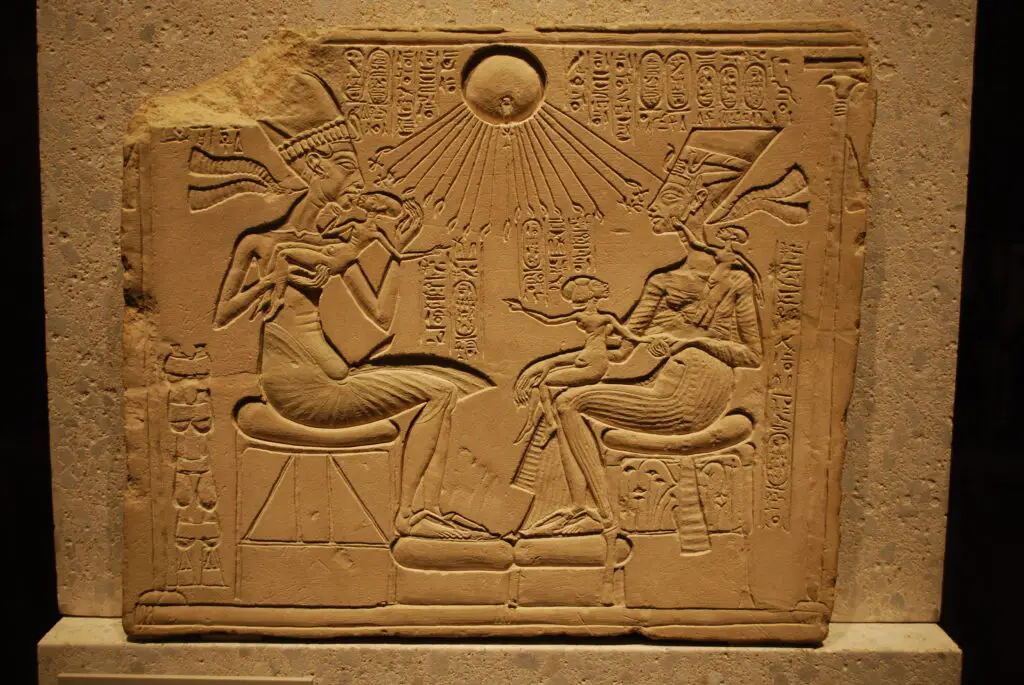
The ancient Egyptians had a surprisingly accurate understanding of the solar system, especially in terms of the Sun’s movements. The alignment of their pyramids and temples was done with such precision that it’s thought to have been based on the solar calendar. The Egyptians had already figured out how to measure the year with incredible accuracy, aligning their agricultural calendar with the cycles of the Sun, Moon, and stars. Their knowledge of the heavens went beyond just practical use; it was deeply tied to their spiritual beliefs.
What’s fascinating is how the Egyptians’ understanding of the solar system helped shape the course of history. Their ability to predict the seasons and plan for events like flooding and harvests was central to their civilization’s success. It’s amazing to think that, thousands of years ago, their observations and calculations were already making waves in the way we perceive our place in the universe.
